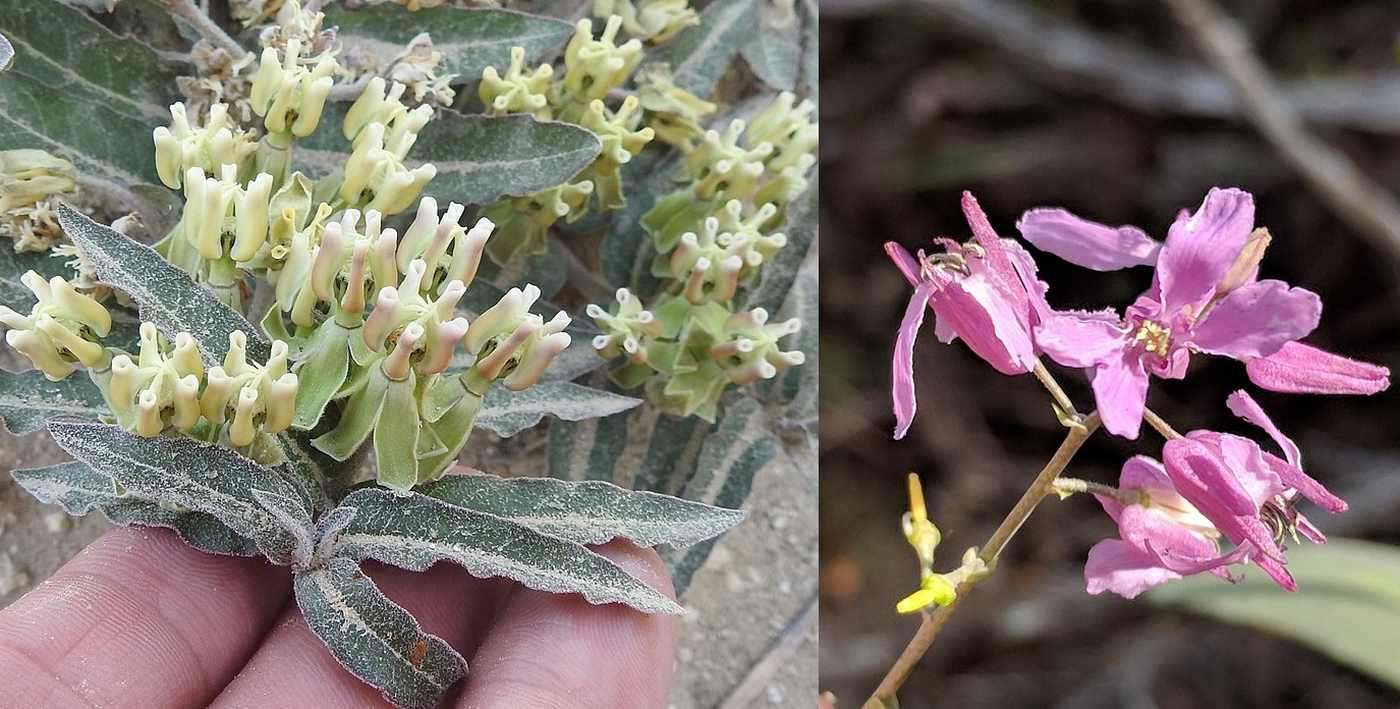Tree Growing Nonprofit is Sprouting Entrepreneurs With Unique Training and Lots of Trees for Madagascar
Reprinted with permission from World at Large, an independent news outlet covering conflict, travel, science, conservation, and health.

The US Fish and Wildlife Service (FWS) has taken steps to practically guarantee the survival of a beautiful pink wildflower in Texas just a month after it did the same for prostrate milkweed, a key food source for monarch butterflies.
It's easy enough to tell people they can't shoot bald eagles, but it takes serious effort to tell people what they can and can't do on their own land as it relates to plants.
Nevertheless, the FWS has turned to the world's most successful piece of conservation legislation on Earth, the United States Endangered Species Act, in order to guarantee that hikers and browsing bees alike can enjoy the flowers of these plants for generations to come.
The bracted twistflower has been diminishing due to Texas' urban sprawl for years, but now 1,600 acres in the four counties of Uvalde, Medina, Bexar, and Travis, have been designated critical habitat and therefore untouchable.
"Very few busy Texans in the world today pause to think about these plants … but they still play an absolutely essential role in our world," Michael J. Robinson, a senior conservation advocate at the Center for Biological Diversity, told the Texas Tribune.
Found in the hill country, now only in two areas, the twistflower needs a mix of shade and sun provided by the natural mix of trees there such as live oaks and junipers. It is a common food source for Texas bee species.
By being placed on the Endangered Species List, the twistflower is almost guaranteed to survive, since the rate at which species' declines have been stopped after being placed on the ESL is 99%, the highest of any such national conservation program worldwide.
This protection was also doled out to the prostrate milkweed, which received 661 acres of critical habitat protection. It is illegal to cut, damage, harvest, or transport either flower under federal law.
"Protecting prostrate milkweed is a big deal for the monarch butterflies who lay their eggs on these plants as they fly through Texas after spending the winter in Mexico," said Tierra Curry, a senior scientist at the Center for Biological Diversity.
Unlike the bracted twistflower, the milkweed is found at the moment exclusively in the terrain surrounding the banks of the Rio Grande, in Starr and Zapata counties.
Monarch populations in Mexico were counted as having increased several years in a row, vaulting the theory that it was simply a single boom year. Now, food resources like the Texas milkweed will be more valuable than ever.
SHARE This Good News For Wildflowers With Your Friends…
Be the first to comment